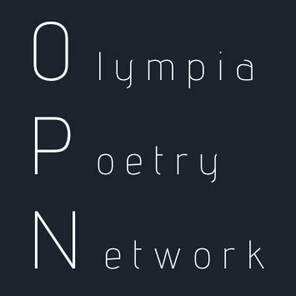
YOU'RE INVITED
I’ve been invited to read poetry for the Olympia Poetry Network, as their featured reader for February. MARK YOUR CALENDAR February 20, 2019 - 7pm Traditions Fair Trade Cafe 5th and Water Street downtown Olympia
I already have some requests and will be reading new poems along with old favorites. Here’s a new one I’ve been working on.
JOB DESCRIPTION FOR A POET
We need scouts, just a few. The job requires a willingness to live rough in wilderness, and make your own way. We can supply a few tools and a vague idea of where we want to go. The country is unknown. Others have gone in; most have not returned. There are wild animals. Some are dangerous. We’ll be behind, widening your trail, building outposts and the foundations for towns. We will no doubt wonder why you blazed the trail where you did, but we can’t know what you’ll come up against. We’ll count on you. Do your best. With luck We’ll find you at rest by the fabled sea. -Don Freas
Learn more about the Olympia Poetry Network.
11/10/2018 The Poetry of Sculpture
Initiation, View No1, wood, leather cord, 22” x 16” x 13”, $1800
The piece called “Initiation” began with wonder and a pile of black walnut scraps. I glued them together on a curve, then faired the faces and edges smooth. That gave me an intriguing form I hadn’t imagined at the outset. It reminded me of a piece of body armor, protection for the left half of the chest.
1/4/2017 Poetry and MusicClosing Time Performance Salon Refu, Susan Christian’s gallery and event space in Olympia is hosting another series of closing-time intimate readings and performances this January. They were so well received (and so much fun) in December that the gallery didn’t want to stop. Father and Daughter This time I’ll read a few poems and my daughter Erica Freas will sing a few of her amazing songs. We’ve been wanting to do this together for a long time. We hope you can join us. Saturday, January 7, 2017
|
| I offer a book of poems, new and selected—the result of nearly three decades of imagination and contemplation—real and better than real in 186 pages, from me to you. Happy Holidays, Don |
6/23/2015
Two Nights and the Day Between
Waiting for the Curtain
| I had the announcement for Swallowing the World all ready to go, but decided to wait for the new moon to launch it. It was just a day and a half away, on a Tuesday. In agriculture (as in everything else) superstitions develop. An old one says for best results plant on the waxing moon. The book was already available on Amazon, but I hadn’t told anyone. Why not wait to “plant” awareness until after that new moon? The unforeseen value of that decision was that suddenly nothing had to be done. A pause rolled in, an unplanned reflective retreat—two nights and the day between. I had nothing more to do and no one was asking any questions about it. I could knock around, tinker, and wonder. The moment reminded me of one of my older poems. I could remember the feel, and a few lines, but I couldn’t remember the title: Deep breaths, relaxed and alert,/ the work approaching, the deluge--/or is it already complete? Are we finished--/simply waiting for the curtain,/ for what has been stored in potential/ to play out in release? | That’s the feeling I remembered. I’m tempted to call it “imminence” but it might more accurately be “immanence.” |
In this case…
The day of waiting for the book to be announced led me to find the poem I was thinking of—and then to wonder why it wasn’t in the book. That led to one of those familiar creative dilemmas in which I questioned why other poems were in the book. Which led to the recognition that it’s all exactly as it should be. Let’s see what happens.
The unpublished poem is called “Way of Being.”
The unpublished poem is called “Way of Being.”
Way of Being
The way thunder tumbles,
a train coming on a warm evening
carrying heavy rain:
with shelter near we languish, nuzzling
the luxury of all that fluid change--
at hand, but not on us yet.
Deep breaths, relaxed and alert,
the work approaching, the deluge--
or is it already complete? Are we finished--
simply waiting for the curtain,
for what has been stored in potential
to play out in release?
Anchor cut, the ship
moves—suspended between
its own power and that of the sea--
into the realm of wind shifts
and rogue waves; the barrier between
life and death more porous. Tears
beginning, live emotion, the thrill
of grief as reptile-brain recalls
all the ways of destruction
as near at hand as those of salvation.
And yet we stand—somewhere between--
in the moment we've always dreamed of:
focus of habit under wraps, fear finally
two levels down, wonder driving the bus.
No need to contribute
to retirement or fasten
seat-belts—this passage worth
far more than old age or another
string of red-veined sunsets repeating
over Tahiti's ocean—this once
we let ourselves be, and be, and be.
a train coming on a warm evening
carrying heavy rain:
with shelter near we languish, nuzzling
the luxury of all that fluid change--
at hand, but not on us yet.
Deep breaths, relaxed and alert,
the work approaching, the deluge--
or is it already complete? Are we finished--
simply waiting for the curtain,
for what has been stored in potential
to play out in release?
Anchor cut, the ship
moves—suspended between
its own power and that of the sea--
into the realm of wind shifts
and rogue waves; the barrier between
life and death more porous. Tears
beginning, live emotion, the thrill
of grief as reptile-brain recalls
all the ways of destruction
as near at hand as those of salvation.
And yet we stand—somewhere between--
in the moment we've always dreamed of:
focus of habit under wraps, fear finally
two levels down, wonder driving the bus.
No need to contribute
to retirement or fasten
seat-belts—this passage worth
far more than old age or another
string of red-veined sunsets repeating
over Tahiti's ocean—this once
we let ourselves be, and be, and be.
2/19/2015
Divine Order
I’m putting together a collection of poems for publication. Years ago at a reading I heard poet Pattiann Rogers say that putting poems in a linear book format always feels limited and arbitrary, because to her, every poem in a collection leads to every other poem. She would prefer to organize poems in a way that was somehow circular, or spherical. I concur. I rarely read a poetry book straight through, but prefer to enter anywhere, and hop around the pages.
Still, a book is a book. We have to find an order to the poems in order to publish. This new book is a collection of over a hundred poems, written over twenty-five years or so. Tipping my (actual) hat to the spherical, I decided to trust in divining as a way to allow chaos to assist in the process. I put the poem titles in a hat, mixed well, and began drawing poems one by one.
Still, a book is a book. We have to find an order to the poems in order to publish. This new book is a collection of over a hundred poems, written over twenty-five years or so. Tipping my (actual) hat to the spherical, I decided to trust in divining as a way to allow chaos to assist in the process. I put the poem titles in a hat, mixed well, and began drawing poems one by one.
My dining table took part in an unforeseen way—as the poems emerged I placed them on the table in a column, one poem under the last. My table is split down the middle, so I began the first column at the split and after about twenty-three poems I had to start a new column. I ended up with five columns of twenty-three poems each.
I studied the layout, considering the poems in each column. With that complex set of perceptions and memories we call intuition, I began to see that there was a certain rough harmony among the poems of each column. I took a stab at naming the five tones. That gave me five section names.
I moved a few poems around among and within columns to bring the harmonies closer. It was so easy. A couple of hours and I’m ready to lay out the book. I know play is the basis of creativity; I’ve been engaging such methods all my life. And yet I’m still amazed every time a new twist on the game draws down a fascinating result. I could not have imagined this divine order using the feeble crutch of reason. I don’t entirely understand it, but that’s what I like most about it.
I studied the layout, considering the poems in each column. With that complex set of perceptions and memories we call intuition, I began to see that there was a certain rough harmony among the poems of each column. I took a stab at naming the five tones. That gave me five section names.
I moved a few poems around among and within columns to bring the harmonies closer. It was so easy. A couple of hours and I’m ready to lay out the book. I know play is the basis of creativity; I’ve been engaging such methods all my life. And yet I’m still amazed every time a new twist on the game draws down a fascinating result. I could not have imagined this divine order using the feeble crutch of reason. I don’t entirely understand it, but that’s what I like most about it.
12/21/2012
"Nobility of Soul"
This is the winter solstice, exact at 3:21AM this morning in the Pacific Northwest. I awoke at 2, and remembered the buzz around the “end of the Mayan Calendar,” so I got up to ring in the end, and get ready for the beginning.
In the spirit of current worldwide worries, I decided to write that last hour as if there would actually be an end, that this was it, game over. It wasn’t difficult to notice that if the world ended there would be no one to receive my farewell notes. I forged ahead, anyway—thought I might learn something. I looked around for regrets, or a sense of accomplishment, some kind of lists. Nothing struck a chord. What I found was that I am content. If this were the end this, life lived would be enough.
In the middle of that freewrite, with half an hour to go, a line from Theodore Roethke came to me:
“What’s madness but nobility of soul/ At odds with circumstance?”
The line is from IN A DARK TIME one of his great mystical poems. I went to the poem to imbibe the rest. You can read it [here].
On this day—the winter’s darkest—and in this year—that marks the beginning of the Mayan ninth wave—the poem seemed written just for this moment. My friend David Pond, wrote that in the ninth wave… “Consciousness begins to manifest from the Unity Wave, also being called the conscious co-creation level, ‘oneness’.”
Unity wave, that’s where we are. Look at those closing lines from “In a Dark Time”:
…Which I is I ?
A fallen man, I climb out of my fear.
The mind enters itself, and God the mind.
And one is One, free in the tearing wind.
I don’t know what Roethke intended with that poem, and it doesn’t matter. It can easily be interpreted as the crying out of an individual mind pulling itself (or being pulled) out of itself, and into conjunction with a larger sense of Being consciousness, one with all.
What’s contentment, then, but nobility of soul aligned with circumstance? I know nothing of the Mayan waves, and very little about the inspiring poems of Theodore Roethke. But I know his words touch something at the core, well beyond the ability of words to fully contain. “Nobility of soul” is everywhere I look. We are still here, still alive.
In the spirit of current worldwide worries, I decided to write that last hour as if there would actually be an end, that this was it, game over. It wasn’t difficult to notice that if the world ended there would be no one to receive my farewell notes. I forged ahead, anyway—thought I might learn something. I looked around for regrets, or a sense of accomplishment, some kind of lists. Nothing struck a chord. What I found was that I am content. If this were the end this, life lived would be enough.
In the middle of that freewrite, with half an hour to go, a line from Theodore Roethke came to me:
“What’s madness but nobility of soul/ At odds with circumstance?”
The line is from IN A DARK TIME one of his great mystical poems. I went to the poem to imbibe the rest. You can read it [here].
On this day—the winter’s darkest—and in this year—that marks the beginning of the Mayan ninth wave—the poem seemed written just for this moment. My friend David Pond, wrote that in the ninth wave… “Consciousness begins to manifest from the Unity Wave, also being called the conscious co-creation level, ‘oneness’.”
Unity wave, that’s where we are. Look at those closing lines from “In a Dark Time”:
…Which I is I ?
A fallen man, I climb out of my fear.
The mind enters itself, and God the mind.
And one is One, free in the tearing wind.
I don’t know what Roethke intended with that poem, and it doesn’t matter. It can easily be interpreted as the crying out of an individual mind pulling itself (or being pulled) out of itself, and into conjunction with a larger sense of Being consciousness, one with all.
What’s contentment, then, but nobility of soul aligned with circumstance? I know nothing of the Mayan waves, and very little about the inspiring poems of Theodore Roethke. But I know his words touch something at the core, well beyond the ability of words to fully contain. “Nobility of soul” is everywhere I look. We are still here, still alive.
10/19/2012
Poetry in Iowa
I gave a reading October 14 to a lively group of participants at a Waking Down in Mutuality retreat. The audience had been immersed in a deep process of self-inquiry for three long days, and they were very receptive to the deep transformative channel poetry can guide us in to. I picked three poems that related in one way or another to the explorations in which the group had been engaged. I could have chosen a dozen, but the situation demanded only a glimpse or two.
I started with ALL THE WRONG PLACES from my third book, Letters to Sophie. It’s a shocking poem in several ways, as it considers our very human preference for looking the other way when we encounter the darker facets of existence. The poem came out of a meditation on what I might be missing when I am attracted to familiar and culturally-validated forms of beauty. I started looking the other way and found that most of what is around us, and in us, is overlooked, and rarely considered. I began to visit that, and found it worthy.
Next, WAITING ROOM. I think part of why the poem is so funny is that it brings awareness to a feeling many of us have as we make our way through life. I actually began the poem in the waiting room of a doctor’s office, where my father and I were awaiting his checkup. The core of the poem is built around something a friend said to me years ago. I had said to her “I feel like I’m waiting for something, but I don’t know what it is.” She wisely said “So what do you do while waiting.” Could be we’re all filling in time, with more or less passion, while we wait.
I hadn’t noticed before how that poem fits in with SECOND NATURE from my second book, Natural History. The poem is about the way we practice, practice, practice routines, in order to be always ready to put them to use. Maybe that’s what the juggler, shopkeeper, and reporters are doing in WAITING ROOM. Nothing is happening, so they practice their forms, get something going. In SECOND NATURE the designated form is poetry, and the poem names some of the practices I find essential to the form—but it could be anything from sports, to assembly-line work, to ballet.
In this world we have to adjust quickly as new conditions and technologies overtake us with greater rapidity than we have been accustomed to. What we know at the core has to be ready to morph quickly to embrace or take advantage of unimagined situations and means of transmission. We no longer have the easy grace of thinking we can learn one skill and let it support us into retirement. In effect, we can’t know what we’re getting ready for, so we follow our passions into unknown lands, and practice essential skills in order to be ready for whatever we encounter there.
At least, that’s what I get out of these poems today. Read them aloud. What do you hear?
I started with ALL THE WRONG PLACES from my third book, Letters to Sophie. It’s a shocking poem in several ways, as it considers our very human preference for looking the other way when we encounter the darker facets of existence. The poem came out of a meditation on what I might be missing when I am attracted to familiar and culturally-validated forms of beauty. I started looking the other way and found that most of what is around us, and in us, is overlooked, and rarely considered. I began to visit that, and found it worthy.
Next, WAITING ROOM. I think part of why the poem is so funny is that it brings awareness to a feeling many of us have as we make our way through life. I actually began the poem in the waiting room of a doctor’s office, where my father and I were awaiting his checkup. The core of the poem is built around something a friend said to me years ago. I had said to her “I feel like I’m waiting for something, but I don’t know what it is.” She wisely said “So what do you do while waiting.” Could be we’re all filling in time, with more or less passion, while we wait.
I hadn’t noticed before how that poem fits in with SECOND NATURE from my second book, Natural History. The poem is about the way we practice, practice, practice routines, in order to be always ready to put them to use. Maybe that’s what the juggler, shopkeeper, and reporters are doing in WAITING ROOM. Nothing is happening, so they practice their forms, get something going. In SECOND NATURE the designated form is poetry, and the poem names some of the practices I find essential to the form—but it could be anything from sports, to assembly-line work, to ballet.
In this world we have to adjust quickly as new conditions and technologies overtake us with greater rapidity than we have been accustomed to. What we know at the core has to be ready to morph quickly to embrace or take advantage of unimagined situations and means of transmission. We no longer have the easy grace of thinking we can learn one skill and let it support us into retirement. In effect, we can’t know what we’re getting ready for, so we follow our passions into unknown lands, and practice essential skills in order to be ready for whatever we encounter there.
At least, that’s what I get out of these poems today. Read them aloud. What do you hear?
10/4/2012
Autumn and A Writing Workshop
A lovely summer September has run over into October, with no end in sight. Doesn’t feel like autumn yet—primarily because it hasn’t rained in a couple of months. Fall will come, no doubt. I gathered a lot of lines over the summer, but only put together one or two poems. The writing group is starting up after a summer hiatus. It’s just about time to process the harvest of summer.
The Olympia Poetry Network asked me to lead a writing workshop as part of their Paul Gillie workshop series. These are free workshops, donations gladly accepted. I’ll be leading the November workshop.
The workshop will take place at the Olympia Center, 222 Columbia St. in downtown Olympia. The date is Tuesday November 6, 2012, 7:00 to 8:30pm. Room 101 (I believe. You can ask at the reception desk.)
What will we do? Writing exercises. Here’s the paragraph I wrote for OPN about how I want to focus the exercises:
When the writer can manage to realize something through the process of writing, readers will find something in the poem that invites and beguiles. The challenge is to get what we think we know out of the way and let the places the world has touched us whisper and sing their deeper wisdom. In this workshop we’ll set some snares and see if we can catch a line or two that points toward new territory. Anyone welcome; bring your own writing tools.
If you want to find out what I come up with in hopes of carrying that off, be at the workshop. Come out and play (or in and play.) It’s likely to be beginning to feel like winter by then. Time to write. Come down.
The Olympia Poetry Network asked me to lead a writing workshop as part of their Paul Gillie workshop series. These are free workshops, donations gladly accepted. I’ll be leading the November workshop.
The workshop will take place at the Olympia Center, 222 Columbia St. in downtown Olympia. The date is Tuesday November 6, 2012, 7:00 to 8:30pm. Room 101 (I believe. You can ask at the reception desk.)
What will we do? Writing exercises. Here’s the paragraph I wrote for OPN about how I want to focus the exercises:
When the writer can manage to realize something through the process of writing, readers will find something in the poem that invites and beguiles. The challenge is to get what we think we know out of the way and let the places the world has touched us whisper and sing their deeper wisdom. In this workshop we’ll set some snares and see if we can catch a line or two that points toward new territory. Anyone welcome; bring your own writing tools.
If you want to find out what I come up with in hopes of carrying that off, be at the workshop. Come out and play (or in and play.) It’s likely to be beginning to feel like winter by then. Time to write. Come down.
4/24/2012
What is a Poem? #1/ Reliquary
A poem is a strange creature in the modern world. Language, thought, and idea are now transmitted primarily through print, and are ingested in silence through the visual medium of reading. But long before written language was even imagined, poetic rhythms and cadences formed an essential means of carrying particular stories and thoughts across time and distance in a relatively stable form. A poem was an oral mnemonic device, an arrangement of sounds that the pattern-recognizing brain found pleasurable, relatively easy to recall, and repeat. Poetry developed as an oral container for stories and ideas.
Now that written language has been developed, and mechanical print has made the practice widespread, words and language can be locked in place in a form that is transmitted from mind to mind across time and distance. We read precisely what our progenitors wrote, the words in exactly the same order, even if the sounds are not in any particularly memorable arrangement. The starkly compelling visual component that language took on in writing and print steamrolls the more subtle dance of sound on which we once relied.
A poem on the page is a script held in a reliquary—a container contained. When we encounter a poem on a printed page the tendency is to treat it as we would any other written character, and read it with our eyes and brain. Looking in through the glass of the secondary container, reading the silenced words, we may be imagining the sounds, to some extent, but we don’t experience the poem. Like so much in life, we imagine living instead of doing it. No wonder there is a tendency to feel like something is missing.
I don’t mean to imply that there is anything wrong with the evolution of language into written form; it’s just what has happened. I’m interested in noting and exploring the effects and opportunities brought about by what has happened.
The reliquary is right here in front of you. Caged in print under glass a world of wonder awaits the sacred technician who learns to unpin the old jeweled box, open the dry-hinged, squeaky lid, and speak the poem aloud a few times. Try a few variations of style, shout it, whisper it. Listen to how the poet pronounced the poem, if you can. Get out the dessicated relic and rehydrate it with your breath and energy.
Let me warn you in advance, this practice will bring you quickly to another topic that needs to be explored: “how come I hate most of the poems I come across.” We’ll get to that. Stay tuned. Meanwhile, try reciting a few more poems until you find one that hits paydirt. It’s so worth it.
Now that written language has been developed, and mechanical print has made the practice widespread, words and language can be locked in place in a form that is transmitted from mind to mind across time and distance. We read precisely what our progenitors wrote, the words in exactly the same order, even if the sounds are not in any particularly memorable arrangement. The starkly compelling visual component that language took on in writing and print steamrolls the more subtle dance of sound on which we once relied.
A poem on the page is a script held in a reliquary—a container contained. When we encounter a poem on a printed page the tendency is to treat it as we would any other written character, and read it with our eyes and brain. Looking in through the glass of the secondary container, reading the silenced words, we may be imagining the sounds, to some extent, but we don’t experience the poem. Like so much in life, we imagine living instead of doing it. No wonder there is a tendency to feel like something is missing.
I don’t mean to imply that there is anything wrong with the evolution of language into written form; it’s just what has happened. I’m interested in noting and exploring the effects and opportunities brought about by what has happened.
The reliquary is right here in front of you. Caged in print under glass a world of wonder awaits the sacred technician who learns to unpin the old jeweled box, open the dry-hinged, squeaky lid, and speak the poem aloud a few times. Try a few variations of style, shout it, whisper it. Listen to how the poet pronounced the poem, if you can. Get out the dessicated relic and rehydrate it with your breath and energy.
Let me warn you in advance, this practice will bring you quickly to another topic that needs to be explored: “how come I hate most of the poems I come across.” We’ll get to that. Stay tuned. Meanwhile, try reciting a few more poems until you find one that hits paydirt. It’s so worth it.
Art and Practice
Don Freas is an artist, writer, and poet in Olympia, Washington.
Don Freas is an artist, writer, and poet in Olympia, Washington.
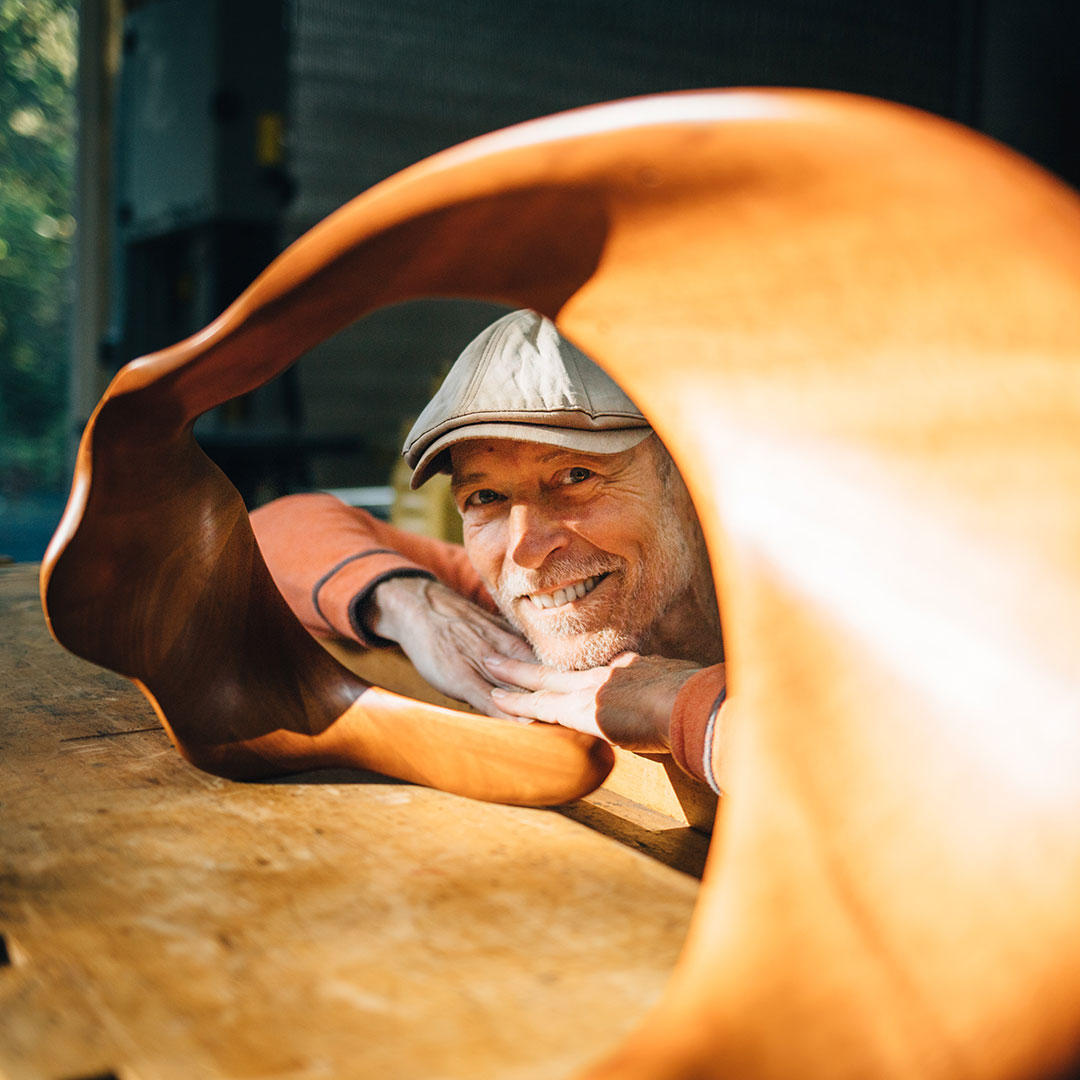
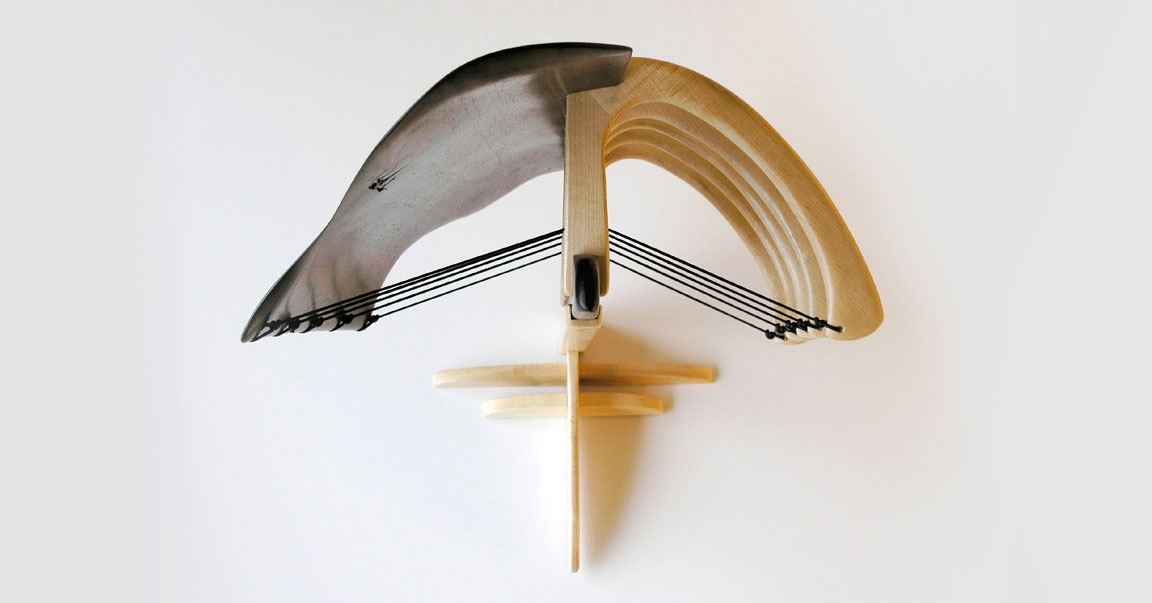
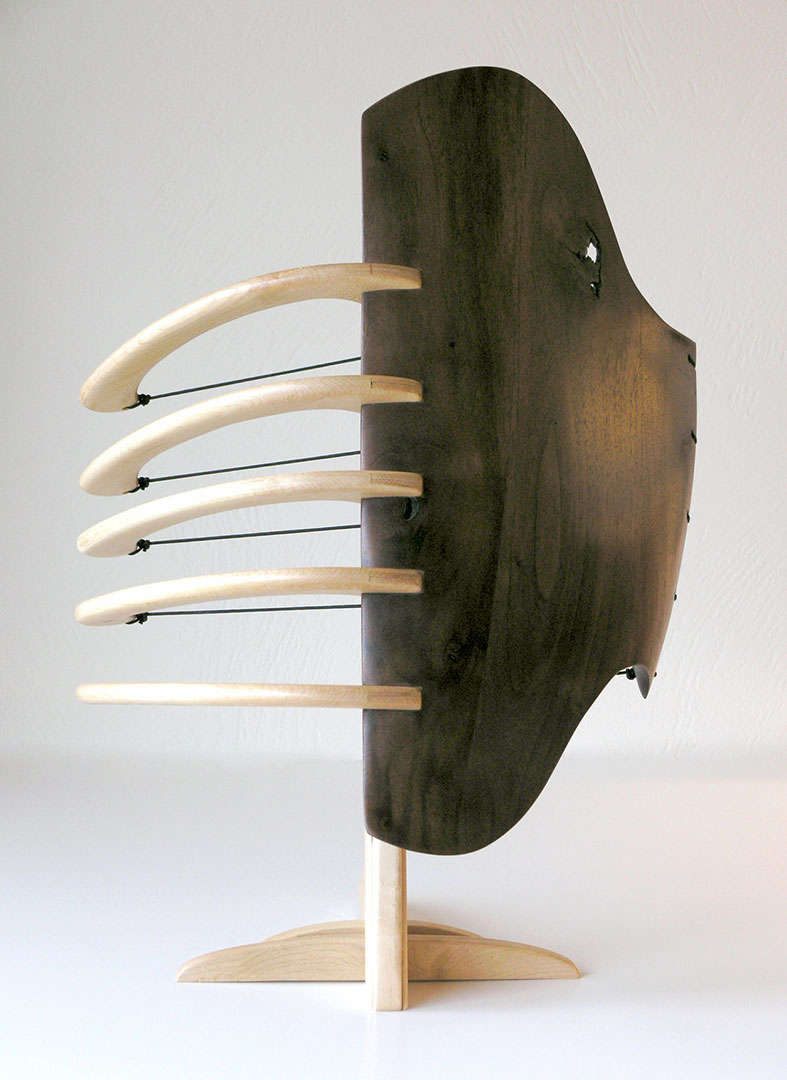


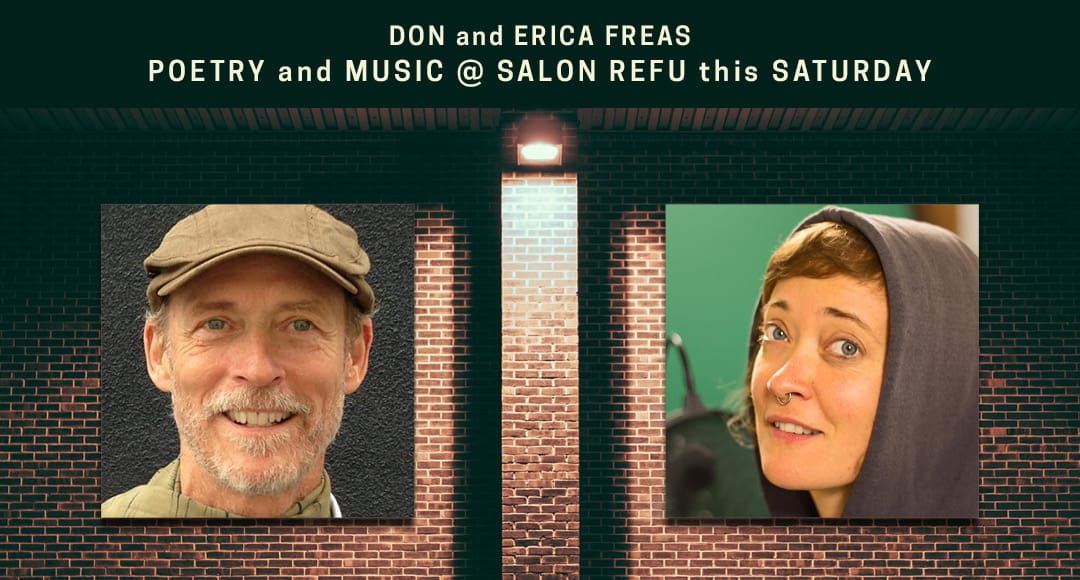
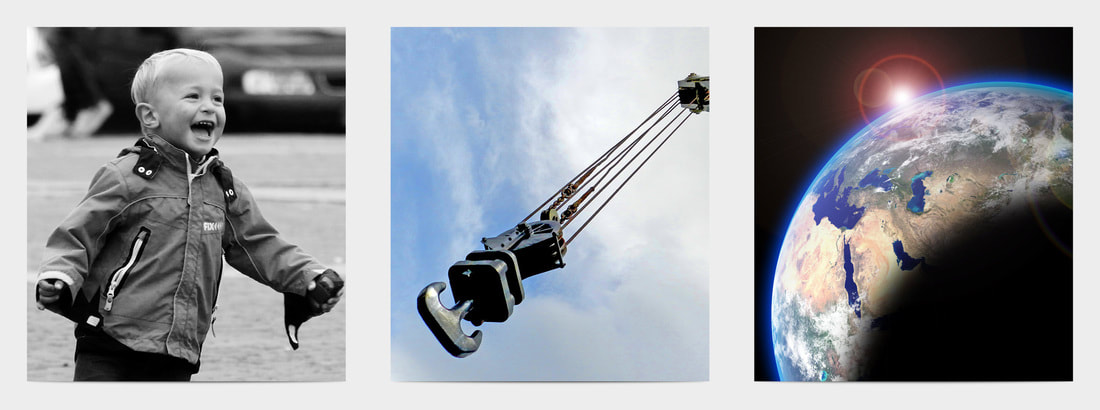
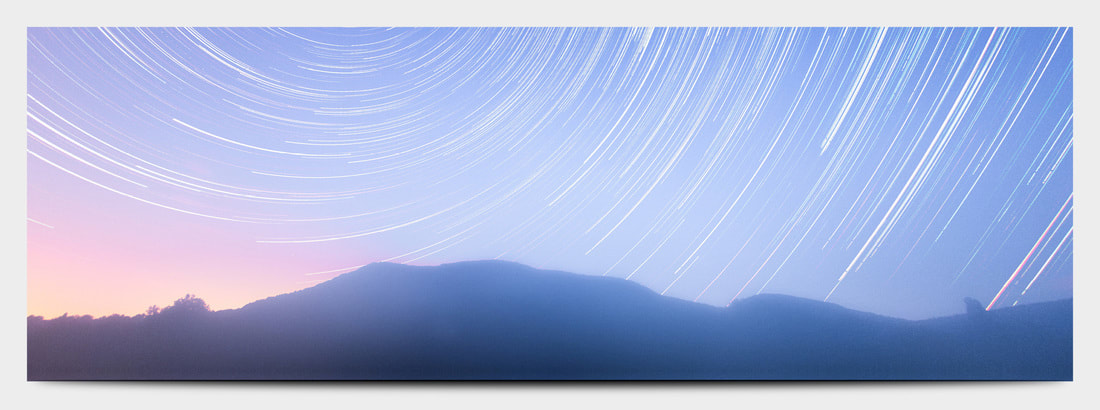
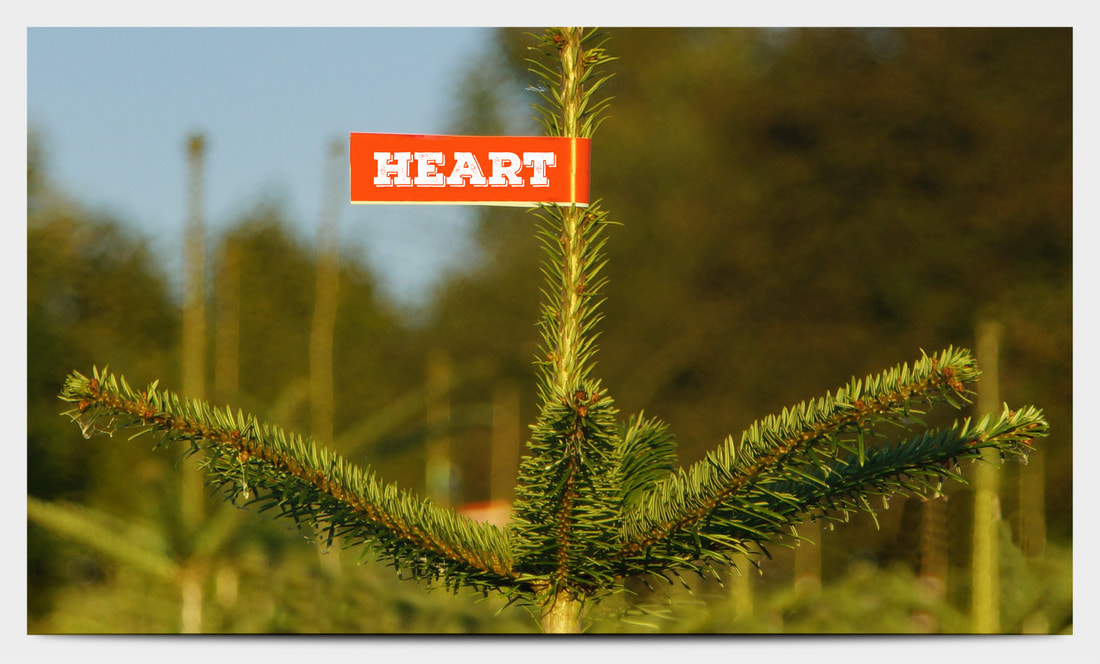
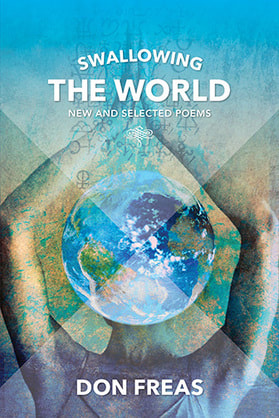

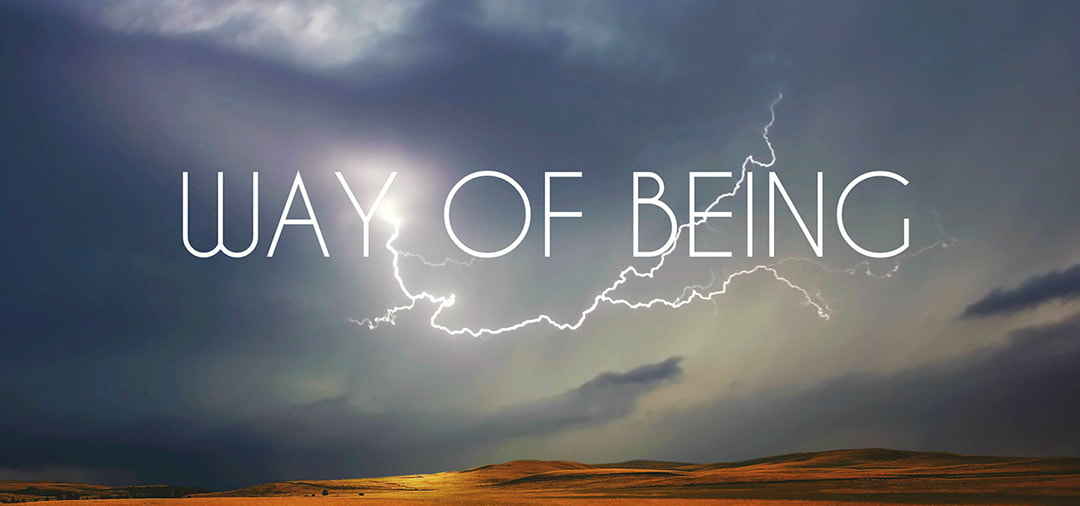
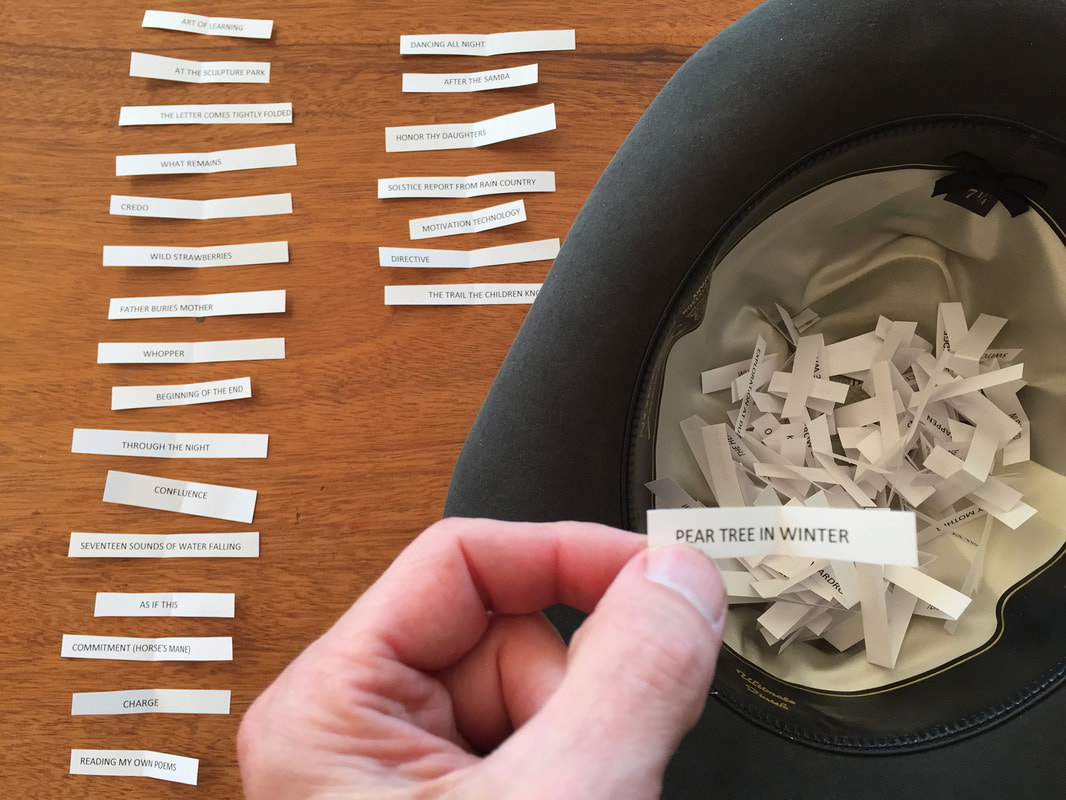
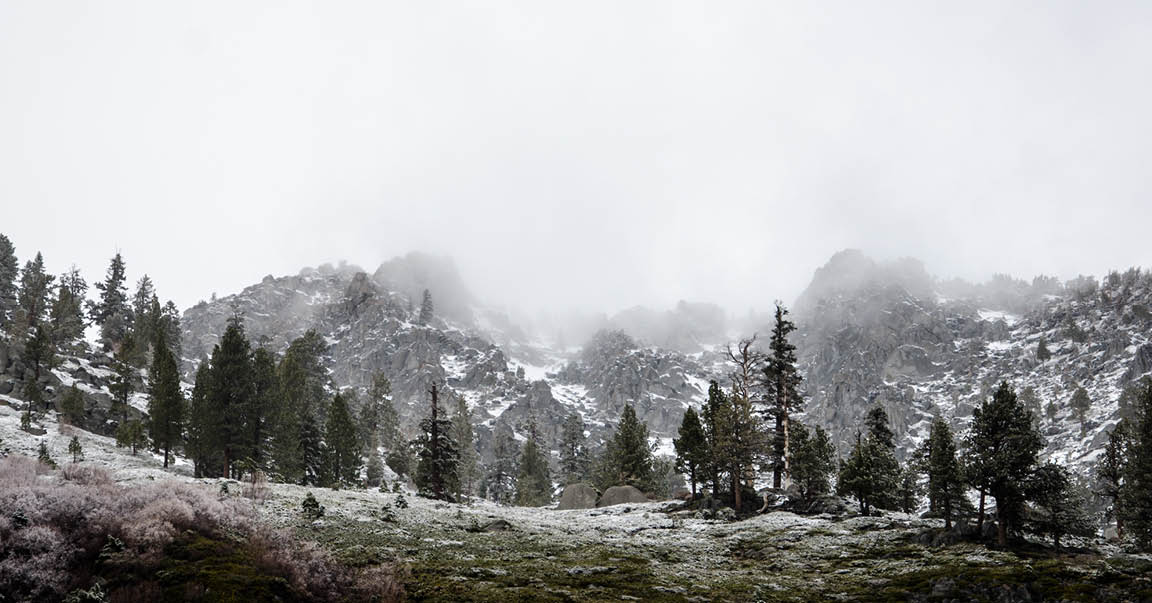
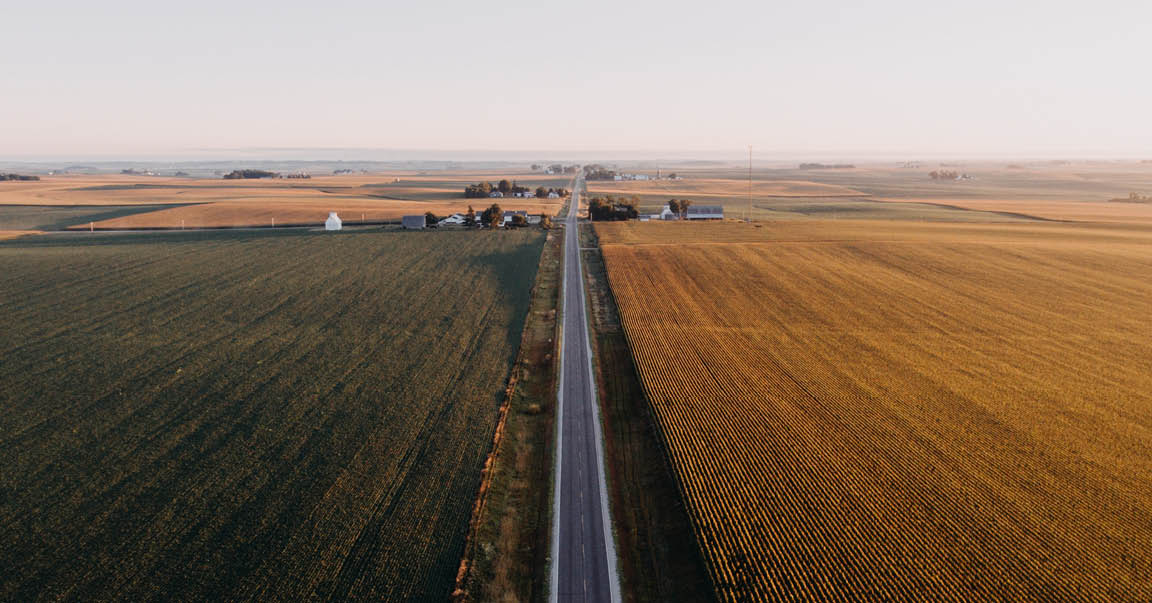

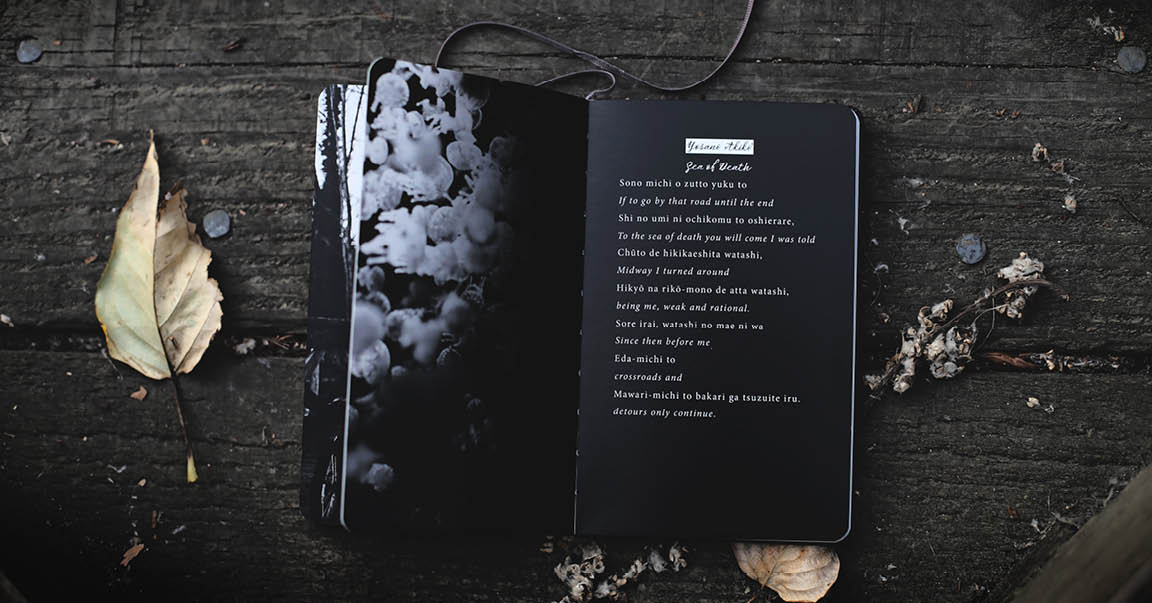
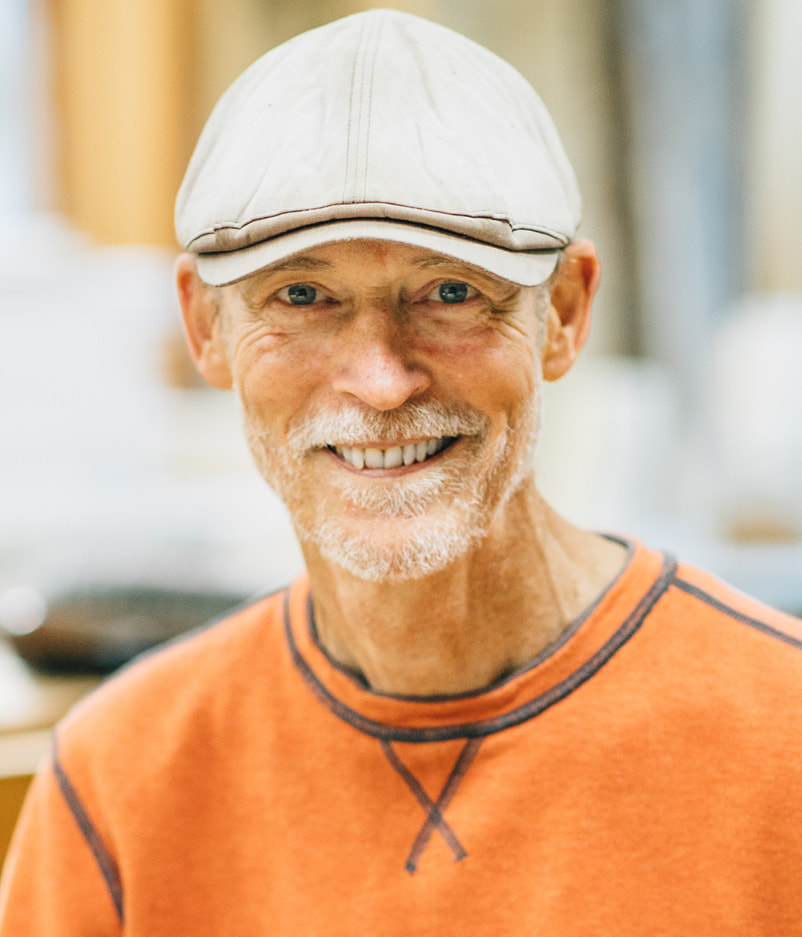
 RSS Feed
RSS Feed
1/3/2019
0 Comments